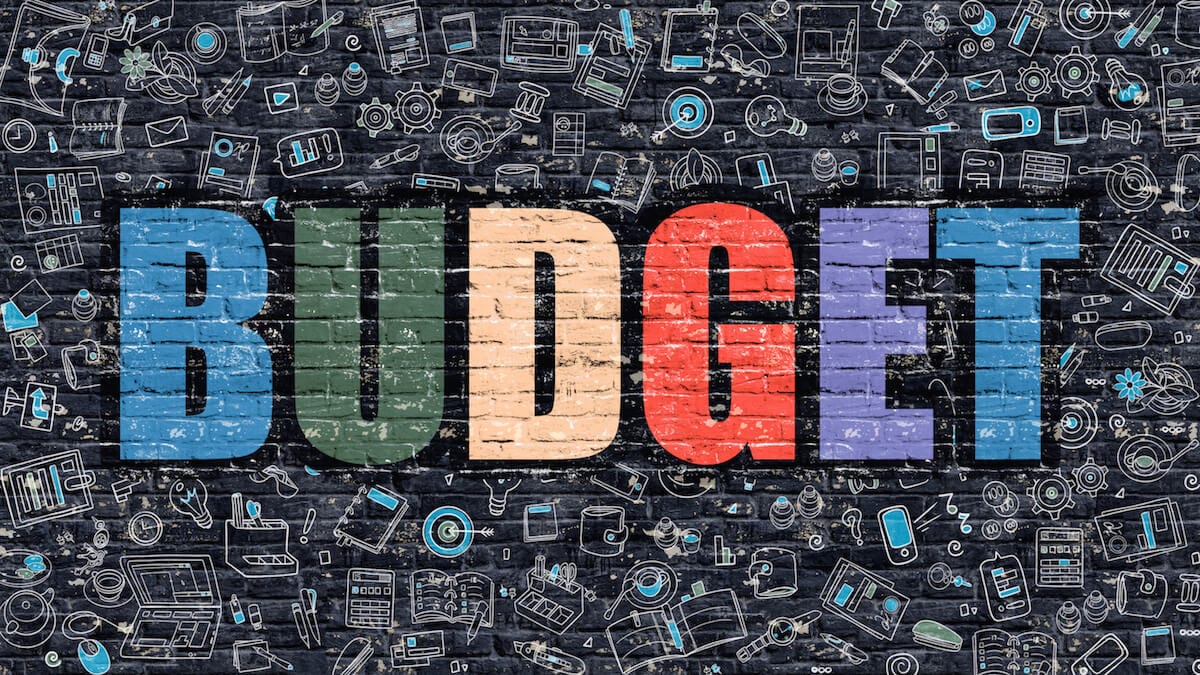So, the Conservative party have issued their first budget for 20 years and it was packed with changes. Like most budgets, each piece of legislation is good for some bad for others but now we’ve had some time to think it over, here are our highlights.
INCOME TAX THRESHOLDS
From April 2016:
The Personal Allowance is to increase to £11,000.
Higher rate tax threshold will increase to £43,000.
Personal Allowance up to £11,000 from 2016/17, higher rate threshold up to £43,000. Small business owners, start planning! #budget2015
— Raedan (@raedanCA) July 8, 2015
EMPLOYMENT ALLOWANCE
This has both been retained and increased to £3,000. For companies with employees this should help with annual costs and may encourage new employment. For a Director only company, you should look to take the full £11,000 Personal Allowance as your wage next year. You won’t pay Employers NI and the Employee’s NI you do pay will be outweighed by the overall Corporation Tax saving.
CORPORATION TAX
The Corporation Tax Rate will decrease to 19% from 2017 and 18% from 2020.
DIVIDEND TAX SYSTEM
This may be the biggest change for business owners, the dividend tax credit will be abolished and in it’s place a tax free allowance of £5,000. Any dividends over this amount will then be taxed as follows:
Higher Rate
Additional Rate
32.5%
38.1%
It’s suggested this is to deter tax-motivated incorporation but for owner managers with basic tax affairs, using the ‘small wage plus dividends’ approach to remuneration, whose combined remuneration is under the Higher Rate threshold, you may be better off, even having paid more tax.
How does this work?
With the Dividend Tax Credit system, to keep your remuneration below the Higher Rate threshold, your dividends were limited by the Gross Dividend (including the Tax Credit) but you only received the Net. Now that’s gone, the amount of dividend you receive will be the same as the Gross i.e. 10% higher. So even after paying 7.5% tax you’ll have more in your personal bank account.
Gross Dividend
Net Dividend
Tax Paid
Total Received
£32,000
£28,800
£nil
£28,800
£32,000
£32,000
(£2,025)
£29,975
This is of course based on various assumptions and you should always discuss your personal tax position with your advisor.
PEER-TO-PEER ISAS
This one didn’t get much attention at first but from 6 April, peer-to-peer loans could be held in ‘Innovative Finance ISAs’ to shield the interest received from tax and encourage investment.
The Government is consulting on which crowdfunding platforms could be included in the scheme. This could be great news for startups as it should encourage further investment through peer-to-peer lending.
CONCLUSION
It’s one of the more ‘interesting’ budgets for some time, plenty to think about for owner managed businesses but for a lot of small companies it would seem that the good outweighs the bad.
MORE BLOG POSTS FROM RAEDAN
Our Xero Setup Guide For Creative Businesses
The first steps on a new journey are often the most exciting. However, making mistakes at the early stages often leads to bigger problems further down the line. Xero is designed to help simultaneously optimise and simplify your business’ finances. Making sure that you...
Is it easy to switch to Xero?
Updated 24th March 2025 For any creative there comes a point when your need to focus on the finances grows, as one of our fab clients coined it, “the shit gets real”. At that point it’s vital you have a tech solution that you can use alongside your accountant or...
Can I get help from the government to cover maternity pay?
Updated 19th March 2025 It's been a while since we have spoken about maternity pay and we thought that it is the ideal time update this blog. So you know what your obligations are as a business onwer if your employee is expecting in 2025. You’ve just found out that...









